In an age of ballooning budgets, streaming fatigue, and an ever-narrowing window for creative risk, filmmakers are forging ahead. In speaking with directors including Sean Baker, Halina Reijn, RaMell Ross, and more, we've heard how they’re adjusting to the shifting terrain—grappling with everything from vulnerability on set to frustration with content churn, all while trying to get green lights for stories that don’t fit the franchise mold. What emerges is a portrait of creative persistence in a system obsessed with scale—where the most vital films remain those impossible to algorithmically replicate.
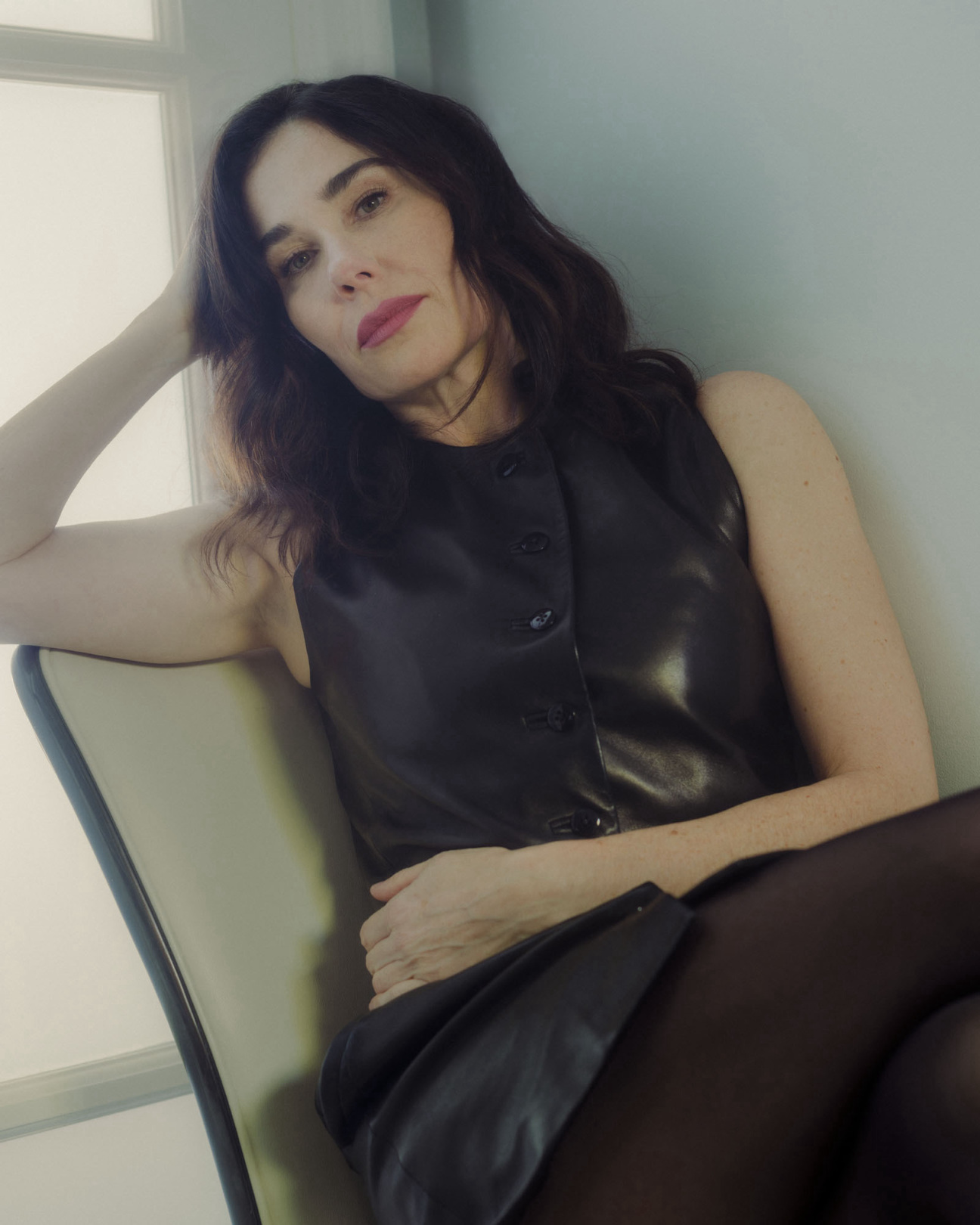
Halina Reijn, director of Babygirl, Bodies Bodies Bodies, and Instinct
“Now, I’m sitting in the chair where I saw all these men sit all of my life … It’s very important to show [my actors] that I’m not above them. I’m not some dictator telling them to undress, crawl around, cry. I’ve experienced that myself. Even a scene that looks very simple from the outside can be incredibly vulnerable and scary when everybody is standing around you wearing a North Face jacket and eating pizza.”
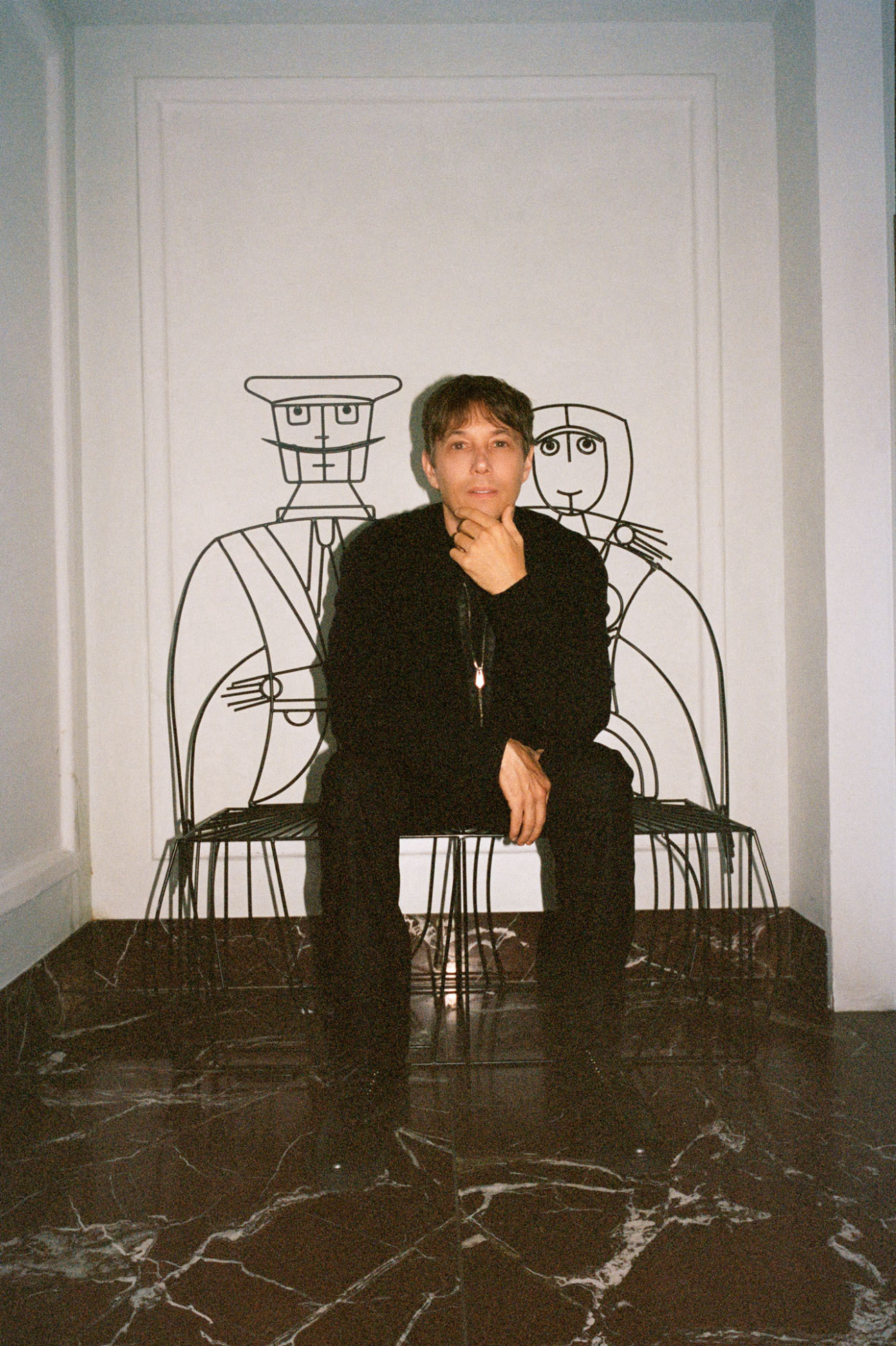
Sean Baker, director of Anora, Red Rocket, The Florida Project, Starlet, and Tangerine
“A lot of our media speaks to the left. I happen to be left-wing, but I think it’s important for everyone to be talking. I’m trying to make a universal story that has fleshed-out, three-dimensional, human characters who allow audiences to have empathy. They can apply their own thoughts and ideologies.”

Cazzie David, director of I Love You Forever
“Hyper-contemporary movies, they’re such a bummer. Sometimes I’ll see a character in a show take a photo and be like, 'La di da—posted!' No one has ever done that—come on! You take 300 photos, you craft a caption, and hours later you post it and delete it. I find those nuances to be really funny and touching, and they’re rarely portrayed accurately.”

Amalia Ulman, director of El Planeta and Magic Farm
“Filmmaking is still a young art, even though the rules often feel rigid. [With Magic Farm], I wanted to bring some magic into it, as much as I was allowed. Many of the techniques we see online aren’t entirely new—they’ve been used in cinema—but they’ve become part of our visual language again. Cinema often feels a few years behind, so I wanted to spice it up by integrating these elements, especially since the characters’ lives in the film are largely online.”
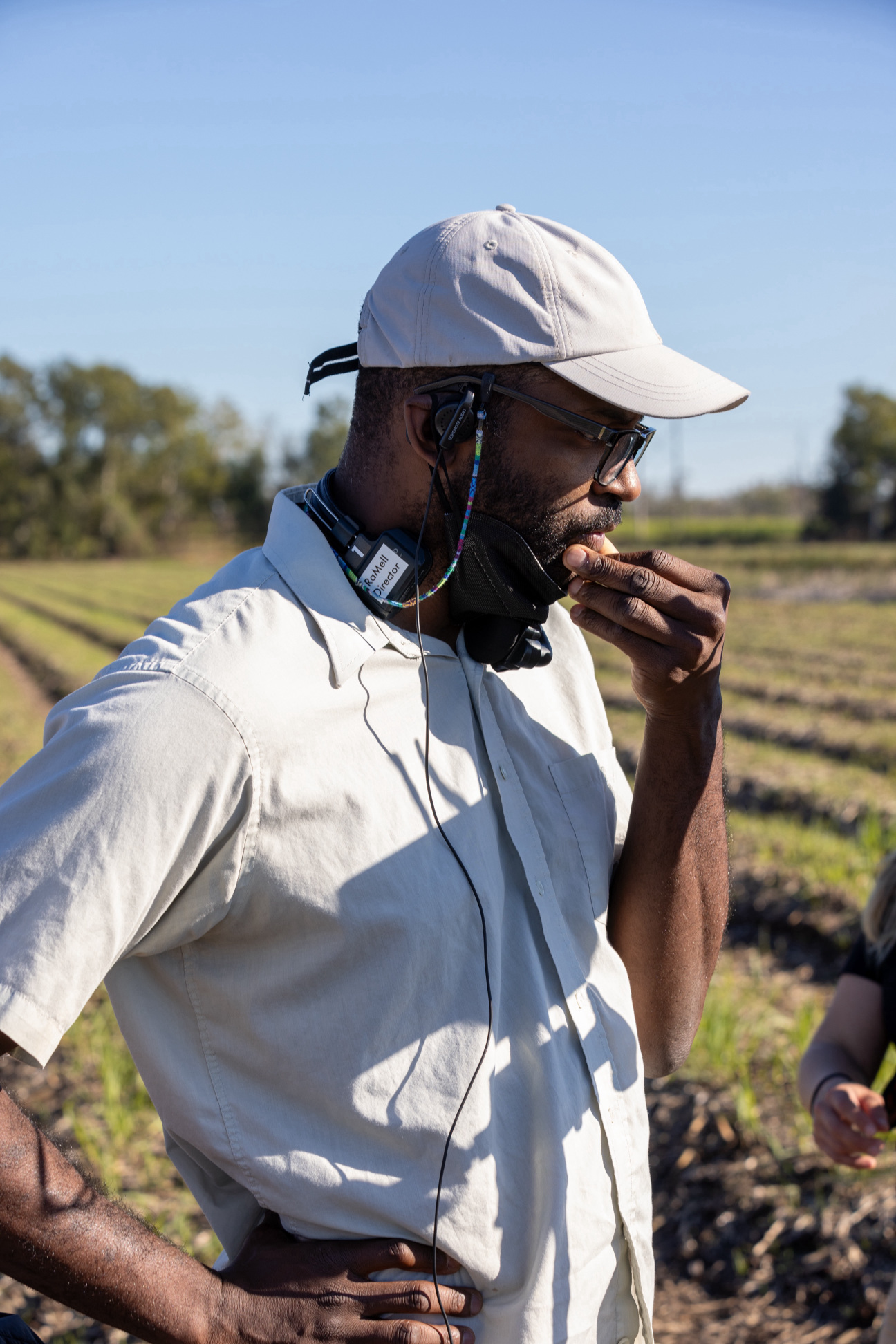
RaMell Ross, director of Nickel Boys and Hale County This Morning, This Evening
“[In film,] you realize that the poetics of Black subjectivity, or the poetics of Black visuals, are just so under-explored and limited. It's such a devastatingly void space that is part and parcel with the capped visualization of Black potential, for lack of a better word. Thinking about how to continually add images that have the ambiguity necessary to further dilute the muddy waters of Blackness is the kind of connection between the two, and maybe an ultimate aim of mine in making images. What a fun thing to try.”
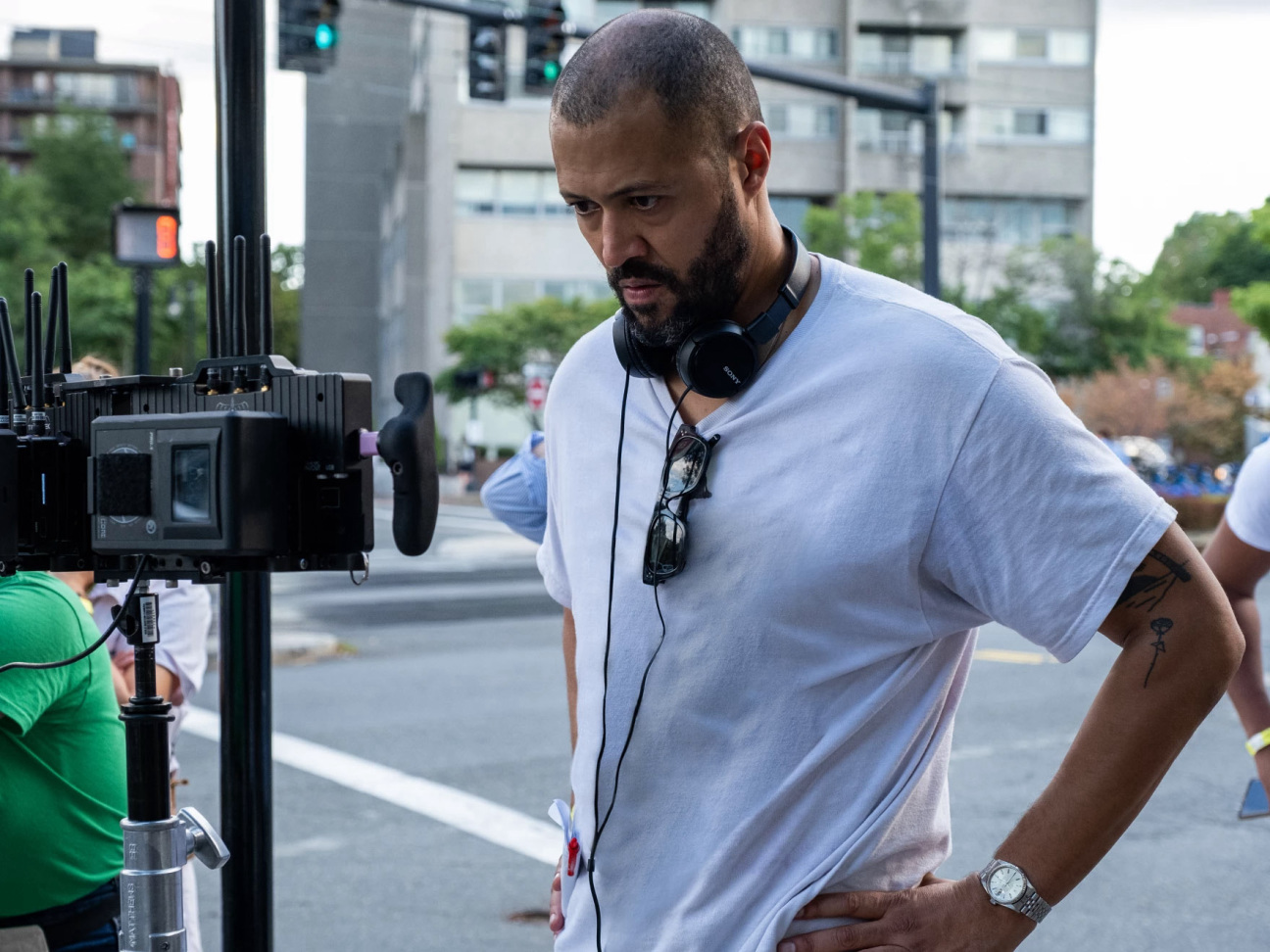
Cord Jefferson, director of American Fiction
“There's certainly an erosion of faith in audiences. If you look at what's being put out now, there is a real contempt for audience members. We've gotten to a place in history right now, unfortunately, where people are focused less on making the best stuff. They're replacing that with making the most stuff. The commitment to quality is gone, and it's just more slop for the content trough. Who cares if we have the best TV show or the best movie? Let's just have [the] most movies. Every year, I'm heartened by seeing smaller movies that are still coming out.”

Lulu Wang, director of The Farewell and Expats
“A lot of doors are opened because of The Farewell's success, but my desire was to continue creating a body of work that I was proud of. Sometimes it can be really hard to do that when you have something that's so successful earlier in your career because you're trying to create from this shadow of success. I have seen a lot of friends who are mid-career filmmakers and had a hit then go on to projects where they didn't have creative control, or as much as they thought they would. That was the biggest challenge—just trying to make sure that whatever project I went on to next was a place where I could grow, but that it wasn't so large that I could no longer steer the ship.”
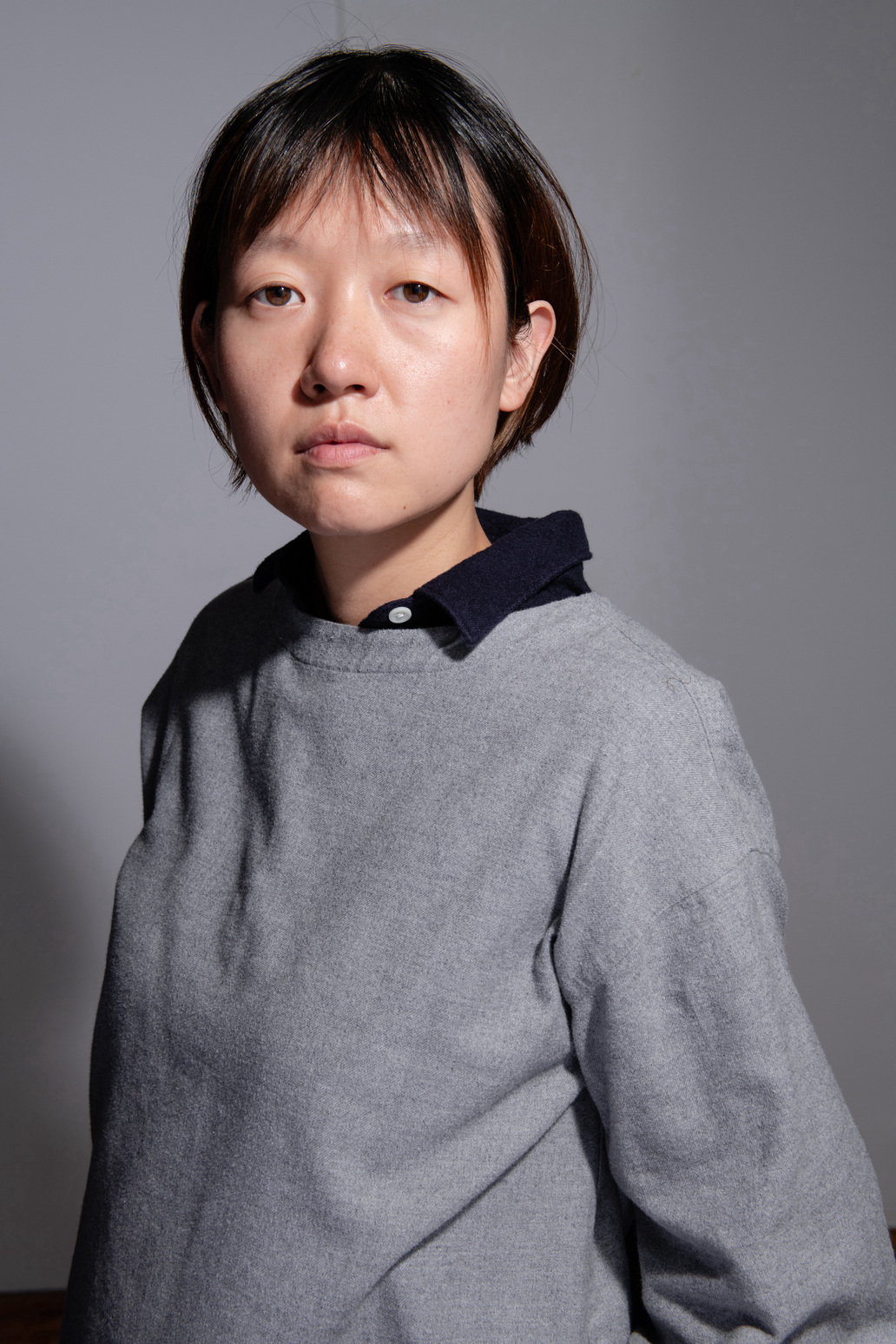
Celine Song, director of Past Lives and Materialists
“[With Past Lives,] I had a theory that when the audience is asked to sit in that kind of silence and do nothing, they will come along because they have stakes in the story or in the character. And what I've loved about releasing the movie into the world is feeling that everything I believed about the audience is true. They actually do want to sit in the two minutes of silence.”

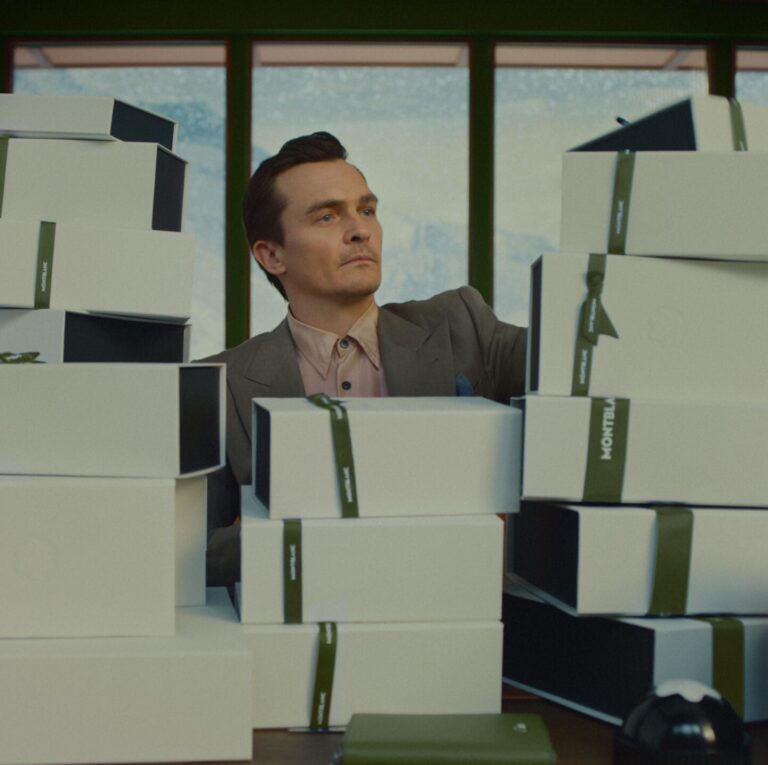
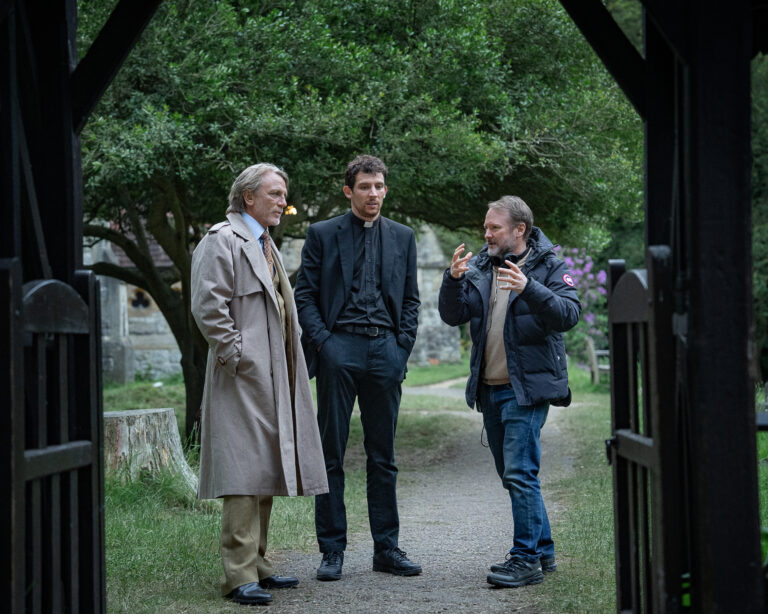
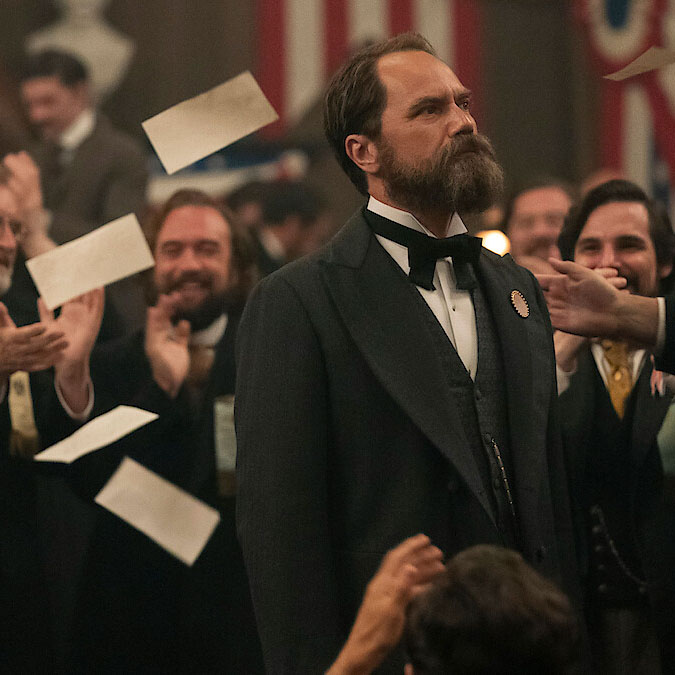

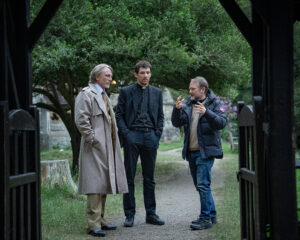




 in your life?
in your life?

